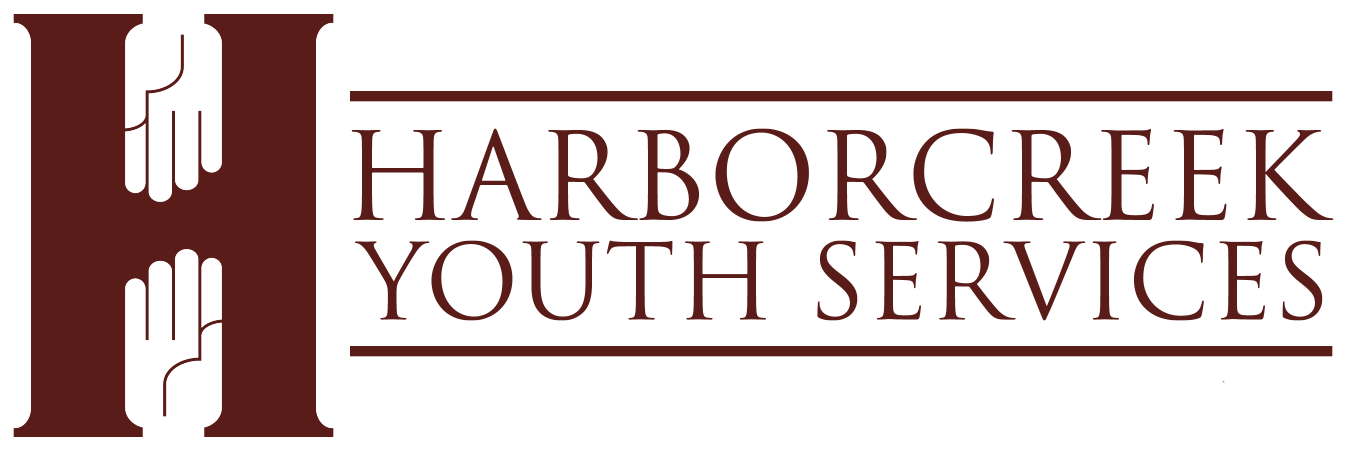Healing Through Music
Meet HYS’ Music Therapist, Sam Krahe, MT-BC (Music Therapist Board Certified), NMT (Neurologic Music Therapist)
Music therapy is an evidence-based multisensory therapy that is particularly effective for kids who may not be ready to talk about their past. We spoke with Sam today about HYS' Music Therapy program and why it's been a staple here for almost a decade.
Hi, Sam. Thanks for talking with us today. Can you tell us a little more about how you got involved with Music Therapy?
SK: I had always been involved in music and wanted to pursue a career using music with a purpose. After multiple majors and schools trying to find the right program, I found Mercyhurst's Music Therapy program (I was in the first class) and knew it was what I wanted to do. I started working with HYS shortly after graduation around 2015 and fell in love with the work I get to do with the residents.
We’re extremely grateful to have Music Therapy as part of our Developmental Trauma Model here at the agency. What other types of clients do music therapists work with?
SK: As a Music Therapist, I also work in Autistic Support classrooms, working on client-specific goals - be it social, emotional, receptive and expressive communication, fine and gross motor, or speech. As a field, Music Therapy is extremely broad with the bottom line of using music to work on non-musical goals.
Could you share more about how the Music Therapy program at HYS works?
SK: At HYS specifically, we focus on emotional identification and expression as well as developing coping skills. The residents play instruments, write songs, improvise and work as a group or individually to achieve their individualized goals. Many of the boys respond to the non-verbal aspects of playing music to express their emotions as well as identify others' emotions based on their playing. They are also able to create original music, and rewrite and cover existing songs to express themselves through writing lyrics. This creative approach allows the Music Therapist and resident to focus more on the process than the product - although the product is usually a pretty solid song.
One of my main goals is to equip the residents with skills that translate outside of our Music Therapy sessions - whether that is learning to play an instrument, becoming competent in GarageBand so they can create their own music after discharge, or simply having the option of slowing down and collecting their thoughts on paper rather than acting on emotions or impulses.
What kinds of results have you seen working with our kids here?
SK: I have had some amazing success stories with many residents who have come through the program. Some boys used the CDs they made in Music Therapy to apply to college music programs. Others found other local musicians after their discharge and continued to create and release music telling their stories. On a more day-to-day level, many residents tell me they have more control over their emotions by having the option of picking up a guitar and playing when they are feeling anxious or depressed, or learning to empathize with others after writing a song together and realizing they are not alone in their experiences.





